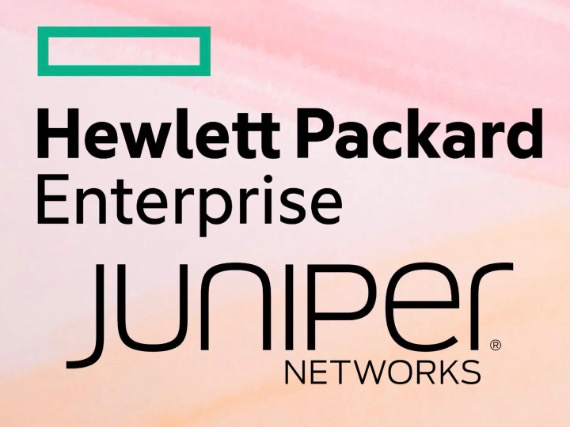- HPE and Juniper reach DOJ settlement enabling their $14B merger with required divestitures and licensing conditions.
- The deal, pending court approval, boosts HPE’s networking reach while preserving market competition via Instant On divestment and AI‑code sharing.
What happened: DOJ approves with strings
On June 30, 2025, Hewlett Packard Enterprise (HPE) announced it had reached a settlement with the U.S. Department of Justice (DOJ), removing a major antitrust roadblock to its $14 billion all-cash acquisition of Juniper Networks. The DOJ had previously filed suit to block the deal, arguing that it would harm competition in the enterprise wireless networking market by consolidating too much control over AI-managed networks and edge connectivity.
Under the agreement, HPE must divest its global Instant On wireless business within 180 days and commit to licensing Juniper’s Mist AI source code to two approved third-party bidders. This aims to prevent HPE from gaining excessive control over the AI-driven network management software market. The consent decree is still pending court approval, but the deal is expected to close soon after.
Also Read: HPE’s $14B bet on Juniper faces regulatory hurdle
Also Read: HPE expands networking gear to address AI and HPC traffic demands
Why it’s important
This acquisition significantly strengthens HPE’s networking portfolio, helping it better compete with Cisco by integrating Juniper’s routing, switching, and Mist AI capabilities. It also aligns with HPE’s broader strategy of AI-at-the-edge, making the company more competitive in future cloud-infrastructure and AI workload scenarios.
The DOJ’s required conditions show a renewed focus on maintaining tech market competition. By forcing code licensing and product divestiture, regulators aim to ensure smaller firms can still innovate in AI-driven network automation. This could set precedent for future tech mergers involving AI infrastructure.
From a market perspective, the stock bump for both firms reflects investor optimism. Analysts forecast improved margins for HPE as it absorbs Juniper’s high-value product lines. However, the $815 million breakup fee and lingering court approval risks remain as potential hurdles.

